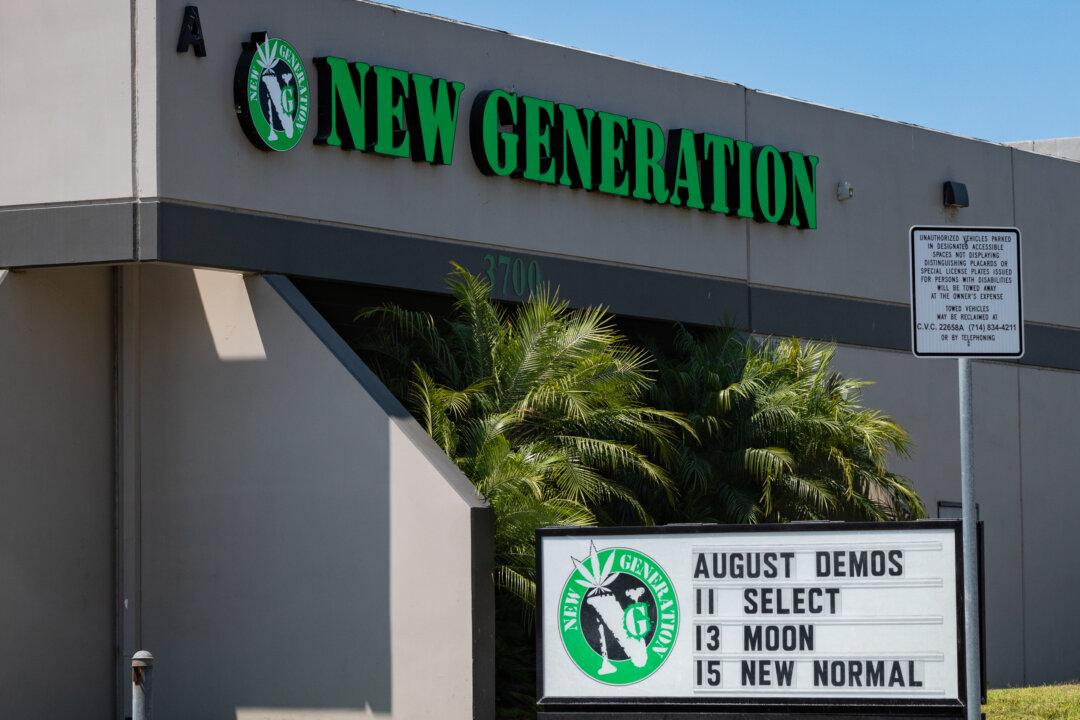Commentary
Two out of three Americans live in a state that has approved the sale of recreational cannabis. The Democrats control the White House and the Senate. And American support for cannabis legalization is at an all-time high.

Two out of three Americans live in a state that has approved the sale of recreational cannabis. The Democrats control the White House and the Senate. And American support for cannabis legalization is at an all-time high.